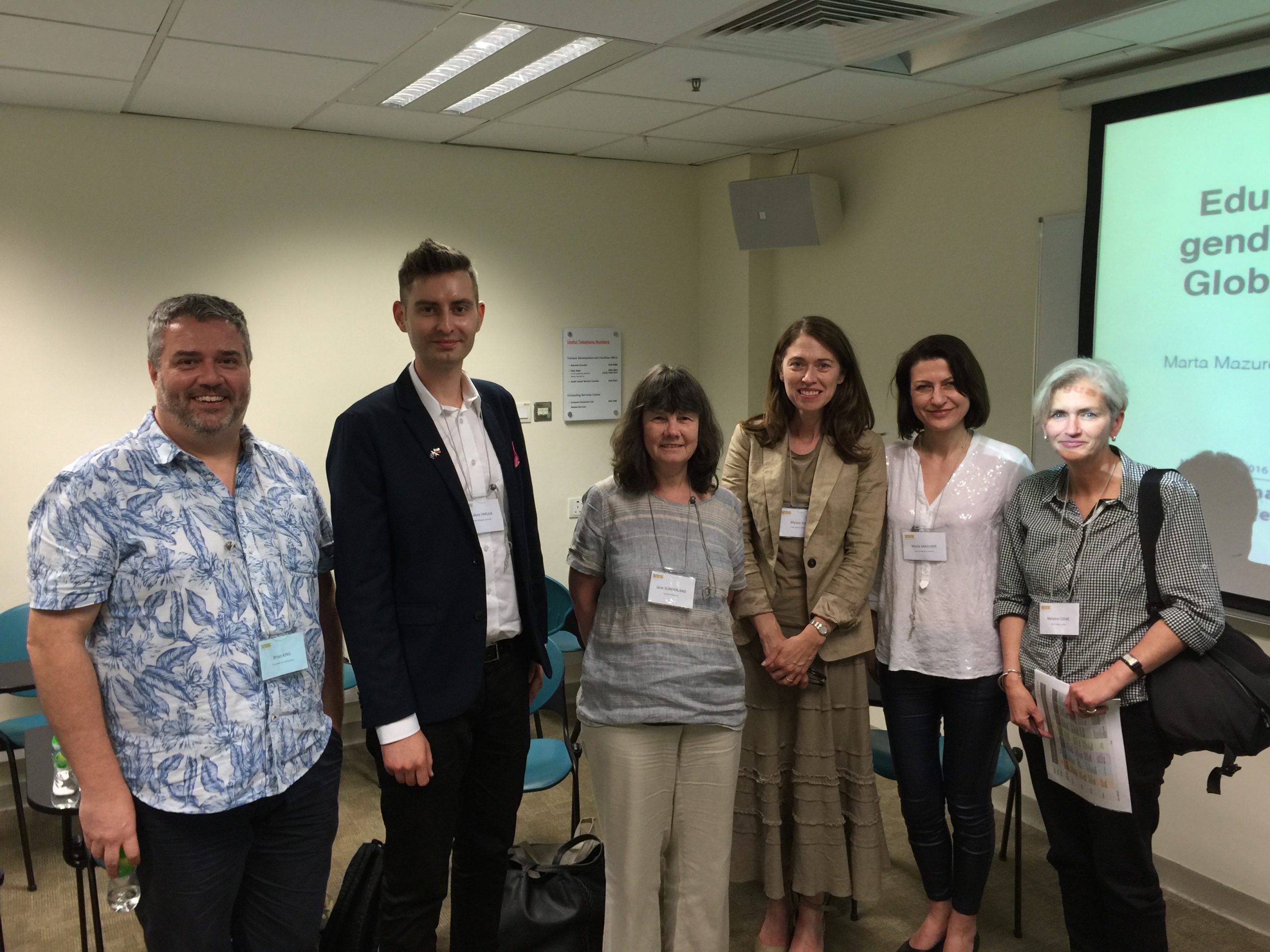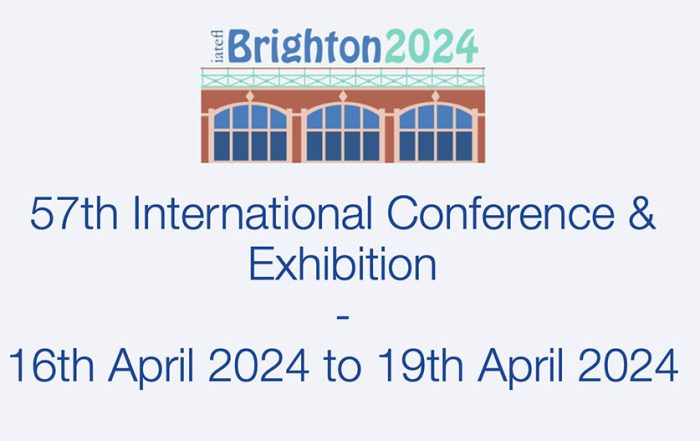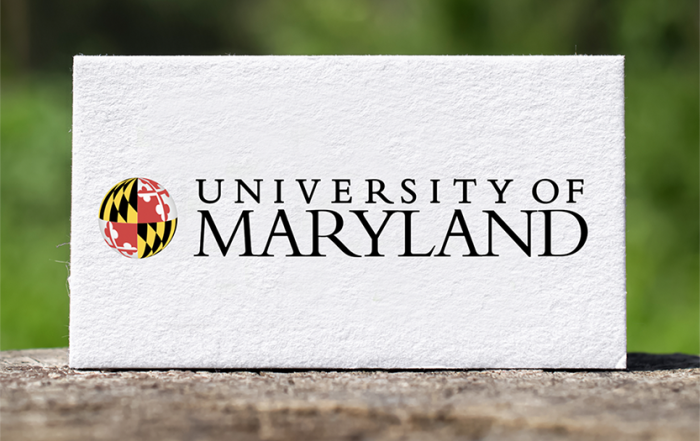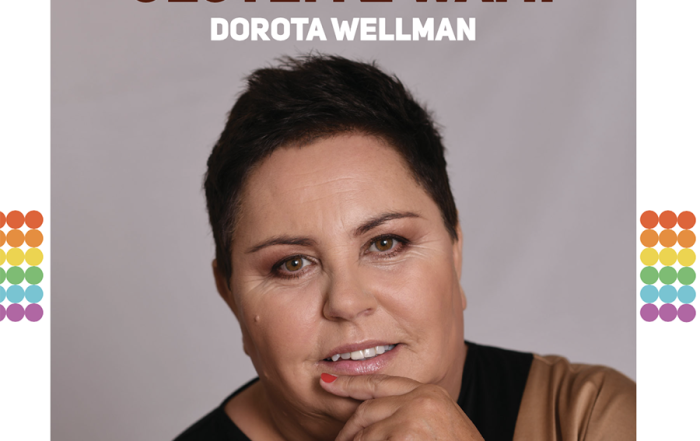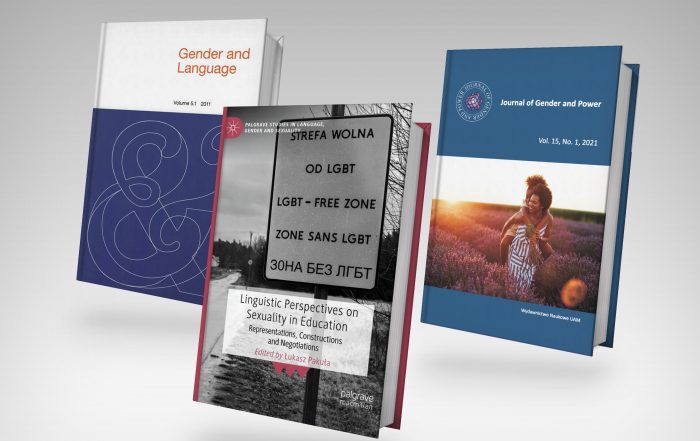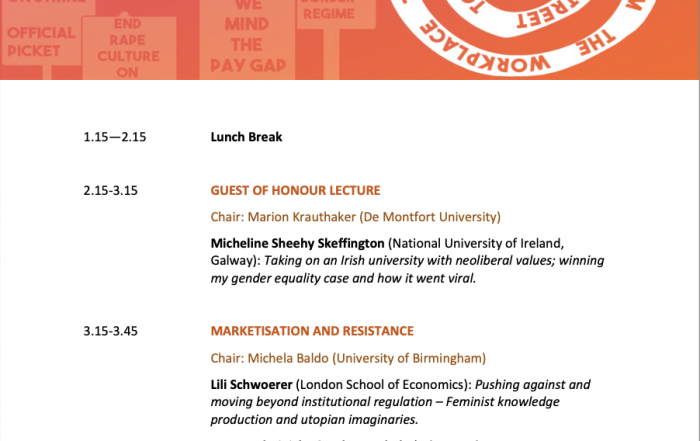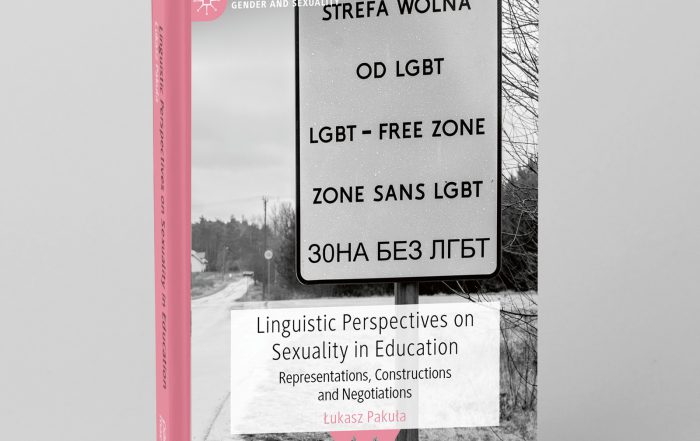Panel on Gender and Sexuality and Education @ IGALA9 in Hong Kong
In May 2016, together with experts in their respective fields I had the pleasure of organising and convening a panel ‘Education vis-à-vis language, gender, and sexuality research: Global issues, local solutions?’ during the 9th International Gender and Language Association Conference held in Hong Kong. Read more here…
_
IGALA9 Panel
IGALA9 gathered numerous specialists from a wide spectrum of disciplines to present state-of-the-art research on gender and sexuality as seen through linguistic lens. Among a plethora of interesting keynote addresses, talks, workshops and panels, I was honoured to be joined by five experts in the domain of language education to organise a panel ‘Education vis-à-vis language, gender, and sexuality research: Global issues, local solutions?’.
_
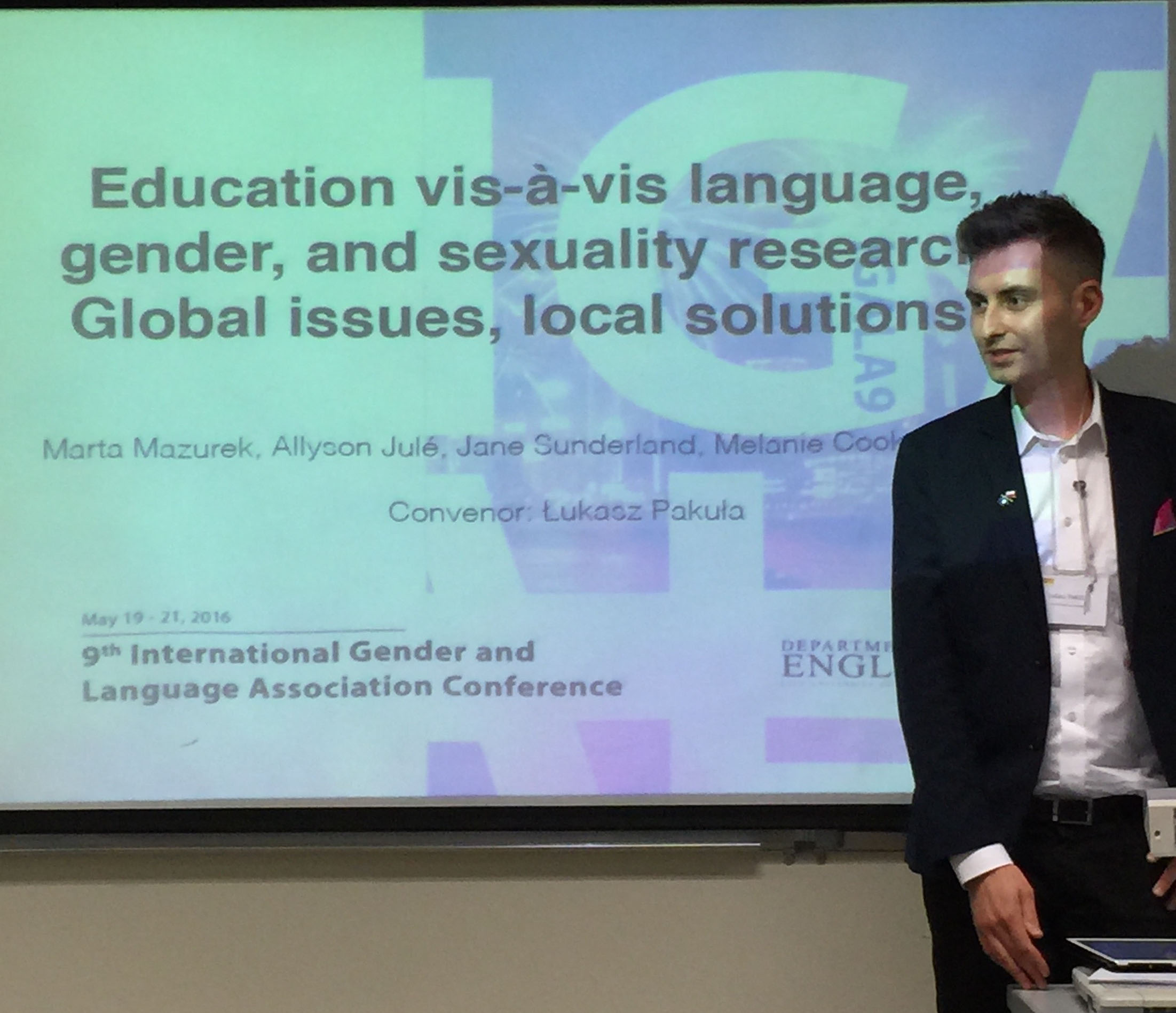
_
The three-hour event abounded in debates over gender and sexuality in textbooks and schools in general, we revisited the concept of ‘linguistic space’, and deepened our knowledge on intersex identities within educational settings. The wrap-up consisted in a joined discussion between all panel participants.
_

_
I’d like to express my gratitude to Jane Sunderland, Allyson Julé, Marta Mazurek, Melanie Cooke, and Brian King for accepting my invitation and coming to the conference!
_
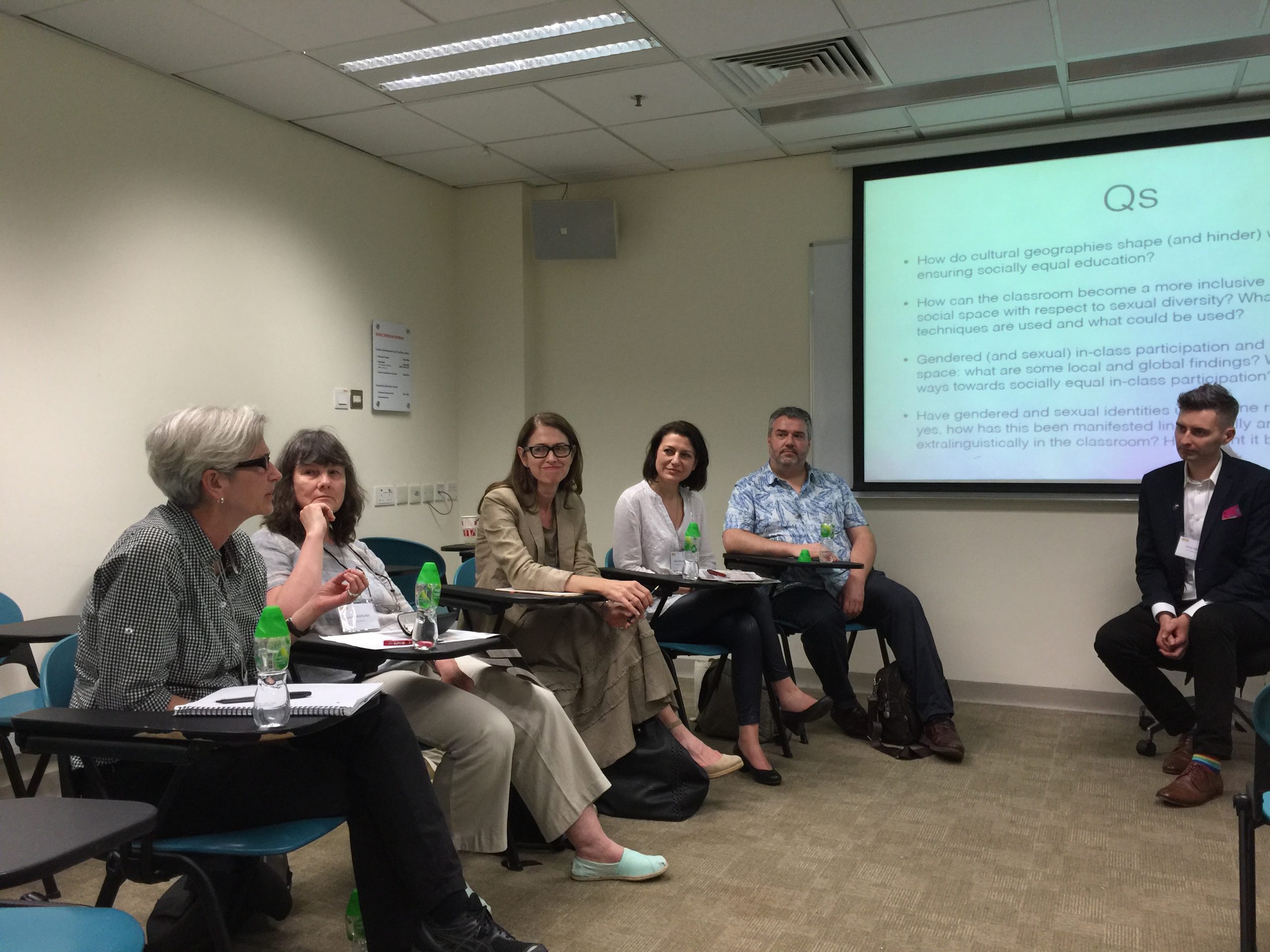
_
Are such panels/workshops still in demand after nearly five decades of continued research? Read on…
There is little doubt that schools and – more specifically – classrooms are the primary mechanisms of social construction, shaping values and attitudes in learners, including gender and sexuality (see Adger 2005; Holmes 2008). In Fairclough’s words, “educational practices themselves constitute a core domain of linguistic and discursive power and of the engineering of discursive practices” (2010: 532). Hence there is little surprise, if any, that the last five decades have witnessed a vibrant international interest in redressing gender imbalance focusing on educational contexts in general (Mustapha and Mills 2015) and (language) classrooms, literacies, and learning materials (textbooks, pedagogical grammars and dictionaries) in particular (cf. Menard-Warwick et al. 2014). In the case of learning materials, the heterogeneous nature of paradigms employed has however resulted in limited possibilities of carrying out meta-analyses and reliably assessing the impact that this critique has had on textbook and dictionary production (see Lee 2010). Also, while this research has enjoyed a longstanding tradition in some cultural and geographical contexts, others are only taking their first steps in scrutinising textbooks (e.g. Chmura-Rutkowska et al. 2015).
Sexuality, as an analytical category, in turn, has only recently entered the picture with the conclusion that heterosexuality is “strategically privileged” (Gray 2013) (notice the addition of sexuality to the 2003 edition of the Handbook of Language and Gender (Holmes and Meyerhoff eds. 2003) which in its second edition became The Handbook of Language, Gender, and Sexuality (Ehrlich et al. eds. 2014)). Instead of rather unrealistic expectations of sexual diversity, it has been argued that ‘degrees’ of heteronormativity should be explored and ‘high degrees of non-heteronormativity’ encouraged (Sunderland 2015b). Research shows that there has been some improvement with respect to representations of gender (and none in terms of sexual diversity) however observations tend to vary (Mustapha and Mills 2015: 14– 16) and require further more complex treatment coupled with fine-grained analyses (Sunderland 2015a) and geographical subtlety.
The shift in the research paradigm from looking at textbooks as autonomous entities to viewing them in broader classroom and socio-political context(s) (which are necessarily location-specific) emphasises the key role of teacher-mediated in-class discourse (Sunderland 2000). Both teachers and students are active agents capable of challenging, negotiating and/or contesting normativities present in learning materials, making the process of text ‘consumption’ dynamic and unpredictable. This observation has spawned research into classroom discourse more widely regarding both gender and sexuality (e.g. Sunderland 2004; Nelson 2009; Pakuła et al. 2015): this reports patchiness, i.e. a mixture of progressive and conservative constructions. Other strands of research have examined classroom participation and linguistic spaces finding, inter alia, that male students are afforded more speaking possibilities (e.g. Jule 2004).
In the spirit of socially engaged research, these observations should be seen as a call for further exploration married with praxis-oriented recommendations for educational practitioners and stakeholders. While learning materials-oriented research has been in decline, it should still be considered worthy of attention and valid, if largely fundamental to examining the dynamics of ‘talk around the text’.
Related posts
Speaking at the 57th IATEFL Conference in Brighton!
Speaking at the 57th IATEFL Conference in Brighton! I am thrilled to share that my talk proposal has been accepted for the upcoming 57th International Association of Teachers of English as a Foreign [...]
Joining University of Maryland Global Campus as Adjunct Assistant Professor!
Joining University of Maryland Global Campus as Adjunct Assistant Professor! I’m excited to share some big news with you all: I’ve officially joined the University of Maryland Global Campus (UMGC) as an Adjunct [...]
Sharing Insights in Replika Magazine: A Dialogue on Language and Identity
Sharing Insights in Replika Magazine: A Dialogue on Language and Identity I recently had the honor to engage in a conversation with Joanna Chojnicka, brilliantly orchestrated by Jakub Wojtaszczyk from the Replika magazine. [...]
Reviews of “Linguistic Perspectives on Sexuality in Education: Representations, Constructions and Negotiations”
First reviews of Linguistic Perspectives on Sexuality in Education I vividly remember one of the first workshops on publishing in prestigious academic venues I attended. It was conferred during the Lavender Languages and [...]
Gender and Sexuality in the Neoliberal University Conference
Gender and Sexuality in the Neoliberal University Conference This year has been different for all of us. Most academic conferences moved online and fared pretty well there. Although, I must admit that self-identifying as [...]
This journey is over… or is it just the beginning?
This journey is over... or is it just the beginning? And it’s out! A collective effort to introduce a wholistic linguistic perspective to the study of sexuality in educational contexts Linguistic Perspectives on [...]

